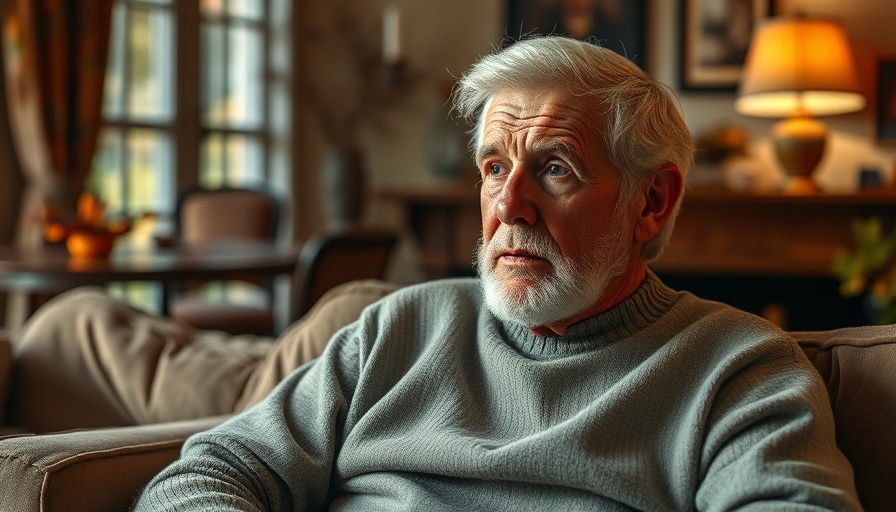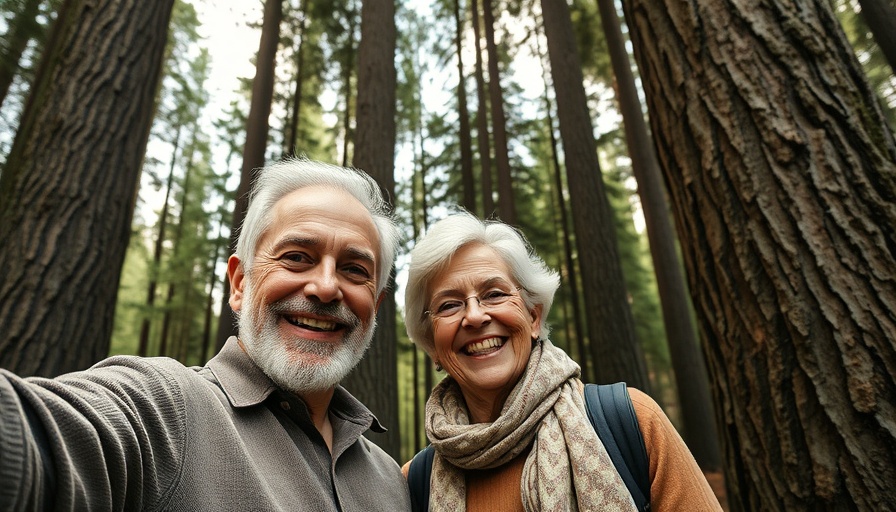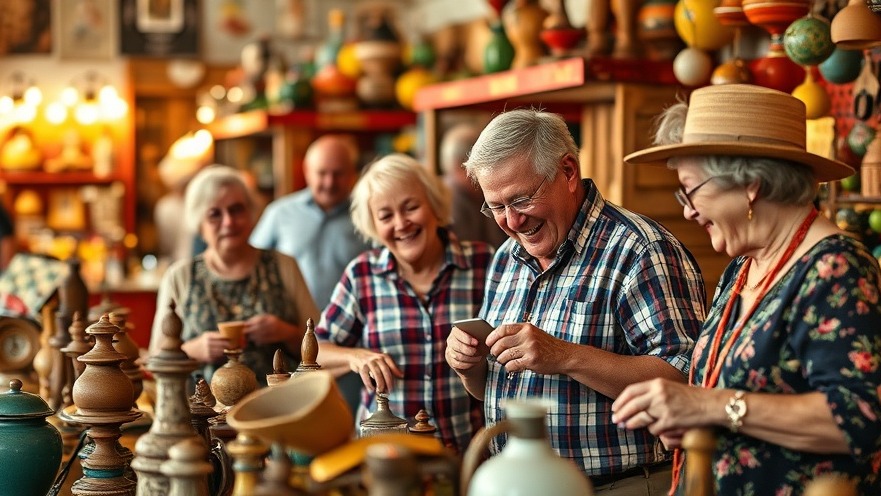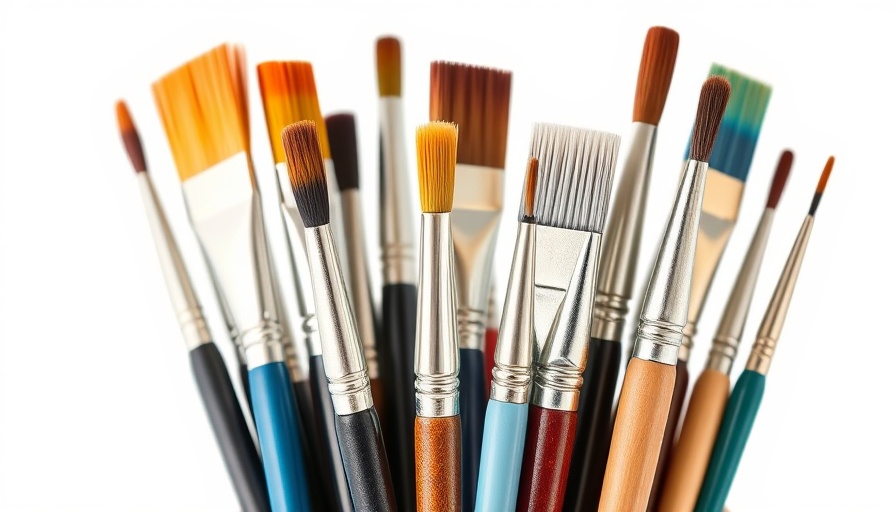
The Cultural Implications of Ageism: A Personal Reflection
One day, during a rare trip to my local bank, I witnessed an encounter that shook me. As I stood in line, I noticed a conversation between a woman and the branch manager. When she inquired about his grandmother, he abruptly replied, “Old!” in a tone that suggested more than just a mere age acknowledgment. This incident stirred in me a deeper reflection on the pervasive ageism in today’s society.
Re-defining Aging in a Youth-Obsessed Culture
In a world that often idolizes youth, being termed 'old' carries a heavy stigma. Ageism is not just a casual prejudice; it’s a societal mindset that can affect mental health and self-perception. Numerous studies, including those from the National Institute on Health, highlight how negative stereotypes about aging can lead to depression and isolation among older adults. These feelings can even impact longevity and quality of life. As a member of the baby boomer generation, I have seen firsthand how societal attitudes create barriers to enjoying one’s later years.
Your Stories Matter: Shining a Light on Ageism
A few women I spoke with shared harrowing experiences with ageism; one was left feeling unwanted at a local store, while another described how her recently greying hair prompted unsolicited comments about her perceived decline. These personal anecdotes reveal a collective discomfort related to aging in America. Every voice matters, and sharing these experiences is pivotal in challenging the status quo. For every person who feels belittled, there are others who feel empowered when they speak up.
Breaking Down Ageist Barriers Through Advocacy
Speaking up against ageism is crucial. Whether it’s addressing unkind remarks in public or advocating for more considerate attitudes, we can all play a role. Social connections matter; when individuals stand together, they amplify each other's voices and help reshape perceptions. We need to work toward a future that acknowledges and celebrates wisdom and experience rather than dismissing them.
Moving Beyond Stereotypes: Encouraging a New Narrative
There is often a misconception that aging equates to a loss of value or function. However, mature adults bring invaluable contributions to society—wisdom, experience, and often, a unique perspective on life. Instead of reinforcing negative stereotypes, we should be celebrating these attributes. Connecting with younger generations can bridge the gap and begin fostering mutual respect and understanding.
Practical Steps to Combat Ageism
Here are a few strategies anyone can adopt to help challenge and combat ageism:
Be mindful of language. The words we choose can shape perceptions. Avoiding derogatory terms can foster respect.
Advocate empathetically. When witnessing an instance of ageism, kindly remind individuals to rethink their attitudes.
Engage in intergenerational dialogue. Initiating conversations between age groups can build understanding and respect.
Embracing Our Identities as We Age
As someone who embraces the silver in my hair as a form of protest against ageism, I find great joy in reminding others that aging is a natural part of life. The experience we garner through the years shapes who we are—each wrinkle tells a story, and every gray hair signifies a lesson learned. Let’s all take pride in the richness of our lives.
In conclusion, recognizing and confronting ageism should be a priority for everyone, regardless of age. Our worth doesn't diminish as we grow older; instead, it is enriched by our experiences. Are you ready to join the movement against ageism and help foster a more inclusive, respectful world for every age?
Let’s take those initial steps toward open discussions and shared experiences. Together, we can reshape perceptions and advocate for a culture that celebrates aging. Join me in this vital conversation!
 Add Row
Add Row  Add
Add 



 Add Row
Add Row  Add
Add 

Write A Comment